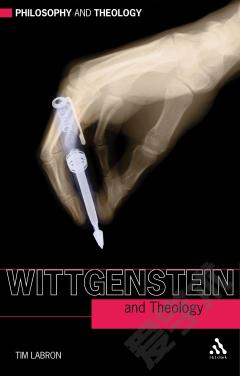Wittgenstein, Empiricism, and Language
This provocative study exposes the ways in which Wittgenstein's philosophical views have been misunderstood, including the failure to recognize the reductionist character of Wittgenstein's work. Author John Cook provides well-documented proof that Wittgenstein did not hold views commonly attributed to him, arguing that Wittgenstein's later work was mistakenly seen as a development of G. E. Moore's philosophy--which Wittgenstein in fact vigorously attacked. He also points to an underestimation of Russell's influence on Wittgenstein's thinking. Cook goes on to show how these misunderstandings have had grave consequences for philosophy at large, and proposes that a more subtle appreciation of linguistic philosophy can yield valuable results.
{{comment.content}}








 京公网安备 11010802027623号
京公网安备 11010802027623号